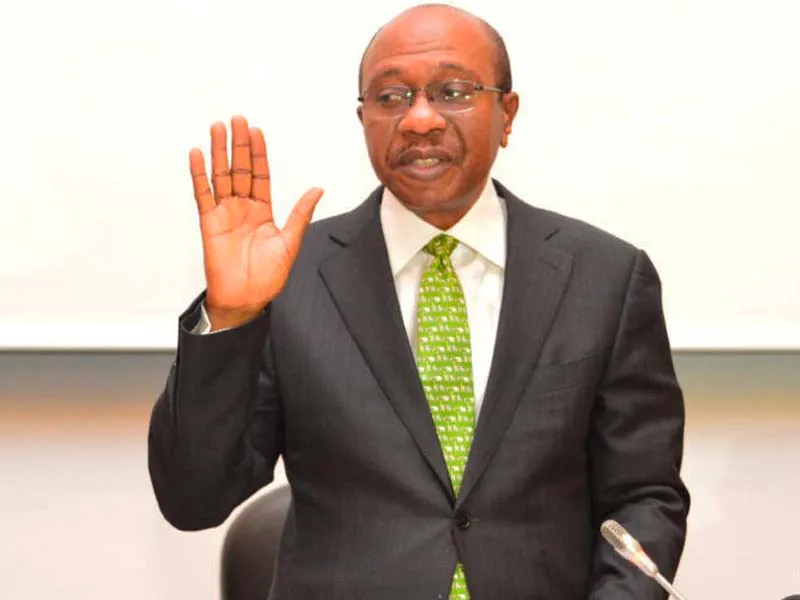The Central Bank of Nigeria (CBN) has maintained that it actually followed the law and due process to carry out the process of redesigning three series of the Naira, which was actually due by over 12 years.
This clarification came on the heels of claims by the minister of finance, budget, and national planning, Zainab Ahmed, that her ministry was not consulted by the apex bank.
And in response to the recently announced policy, the Organised Private Sector (OPS) has opposed the CBN’ move to redesign the Naira notes, hence, calling for innovative policies, even as some Nigerian banks have commenced Saturday banking as part of compliance measures to the CBN’s new rules on deposit.
Speaking with a group of newsmen in Abuja, last night, the spokesman of the CBN, Mr. Osita Nwanisobi, expressed surprise at the minister’s claim, stressing that the CBN remains a very thorough institution that follows due process in its policy actions.
Read Also: Naira Redesign: FG Tackles CBN, Warns Of Consequences
According to Nwanisobi, the management of the CBN, in line with provisions of section 2(b), section 18(a), and section 19 (a)(b) of the CBN Act 2007, had duly sought and obtained the approval of President Muhammadu Buhari in writing to redesign, produce, release and circulate new series of N200, N500, and N1,000 banknotes.
Furthermore, he noted that currency management in the country had faced several escalating challenges which threatened the integrity of the currency, the CBN, and the country, adding that every top-rate Central Bank was committed to safeguarding the integrity of the local legal tender, the efficiency of its supply, as well as its efficacy in the conduct of monetary policy.
While commenting on the timing of the redesign project, Nwanisobi explained that the CBN had even tarried for too long considering that it had to wait 20 years to carry out a redesign, whereas the standard practice globally was for central banks to redesign, produce and circulate new local legal tender every five to eight years. While assuring Nigerians that the currency redesign exercise was purely a central banking exercise and not targeted at any group, the CBN spokesman expressed optimism that the effort will, among other goals, deepen Nigeria’s push to entrench a cashless economy in the face of increased minting of the eNaira. This, he said, is in addition to helping to curb the incidents of terrorism and kidnapping due to access of persons to the large volume of money outside the banking system used as a source of funds for ransom payments.

